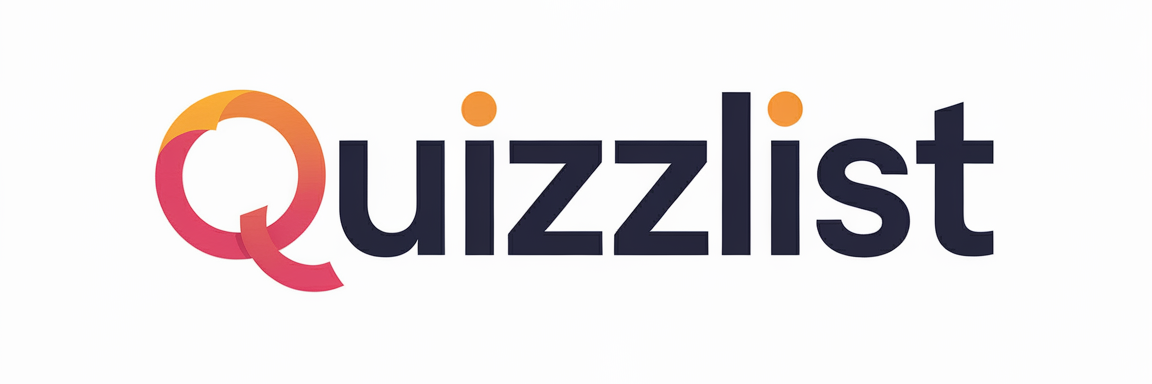Playing trivia isn’t just a fun way to pass the time—it’s a powerful mental workout. Engaging in trivia games helps improve memory, sharpen problem-solving skills, and keep the brain active. Whether played casually with friends or in competitive settings, trivia stimulates the mind in ways that support long-term cognitive health. Regularly challenging the brain with trivia can help people stay mentally sharp, improve recall abilities, and even delay cognitive decline.
Improves Memory and Recall Skills
Trivia requires players to retrieve information quickly, reinforcing memory pathways in the brain. By recalling facts about history, science, and pop culture, players strengthen their ability to remember details. Repetition of trivia questions over time reinforces knowledge, making it easier to retain and recall information in daily life.
Enhances Critical Thinking and Problem-Solving
Many trivia questions require more than just memorized facts—they involve logic, reasoning, and the ability to connect information. Players often use deductive reasoning to eliminate incorrect answers or recognize patterns within questions. This mental exercise helps improve problem-solving skills that are useful in everyday decision-making.
Boosts Processing Speed and Quick Thinking
Trivia games often have time limits or require fast responses, which encourages quick thinking. The ability to process information rapidly and make decisions under pressure enhances cognitive flexibility. Over time, trivia players become more efficient at analyzing and responding to new information.
Strengthens Long-Term Brain Health
Engaging in intellectually stimulating activities, such as trivia, has been linked to better brain health as people age. Studies suggest that mentally challenging activities can reduce the risk of cognitive decline and conditions like Alzheimer’s disease. Keeping the brain active through trivia may help preserve cognitive function and memory.
Expands General Knowledge and Learning
Trivia introduces players to new facts, topics, and historical events they may not have encountered otherwise. Even when questions are answered incorrectly, players learn something new, which contributes to continuous learning. This exposure to different subjects broadens knowledge and encourages curiosity about the world.
Encourages Social Interaction and Mental Engagement
Playing trivia with friends, family, or in a competitive setting creates opportunities for social interaction. Social engagement has been shown to improve mental well-being and reduce stress. Group trivia encourages teamwork, conversation, and friendly competition, all of which contribute to emotional and cognitive health.
Increases Concentration and Focus
Trivia requires sustained attention and focus to process questions and recall answers. Regular participation in trivia games can enhance concentration skills, which can be beneficial in work, school, and other aspects of life. Improved focus leads to better productivity and mental clarity.
Provides a Stress-Relieving Mental Break
Playing trivia offers a fun and low-pressure way to engage the brain while taking a break from daily stress. The enjoyable nature of trivia games triggers the brain’s reward system, releasing dopamine and creating a sense of satisfaction. This helps reduce stress and improve overall mood.
Enhances Verbal Skills and Communication
Trivia challenges players to articulate answers clearly and quickly, improving verbal skills and communication. In team-based trivia, players must discuss and justify their answers, which helps build confidence in speaking and expressing ideas. This can be especially beneficial in professional and social settings.
Encourages Lifelong Curiosity and Intellectual Growth
Trivia fosters a love for learning by making knowledge fun and engaging. People who play trivia regularly often develop an interest in expanding their knowledge base. This intellectual curiosity encourages lifelong learning, which is linked to greater cognitive resilience and overall mental well-being.
Playing trivia is more than just entertainment—it’s a powerful tool for cognitive health. Whether through improving memory, enhancing problem-solving skills, or promoting social interaction, trivia provides numerous mental benefits. Making trivia a regular habit can help keep the brain sharp, engaged, and ready for new challenges at any age.


